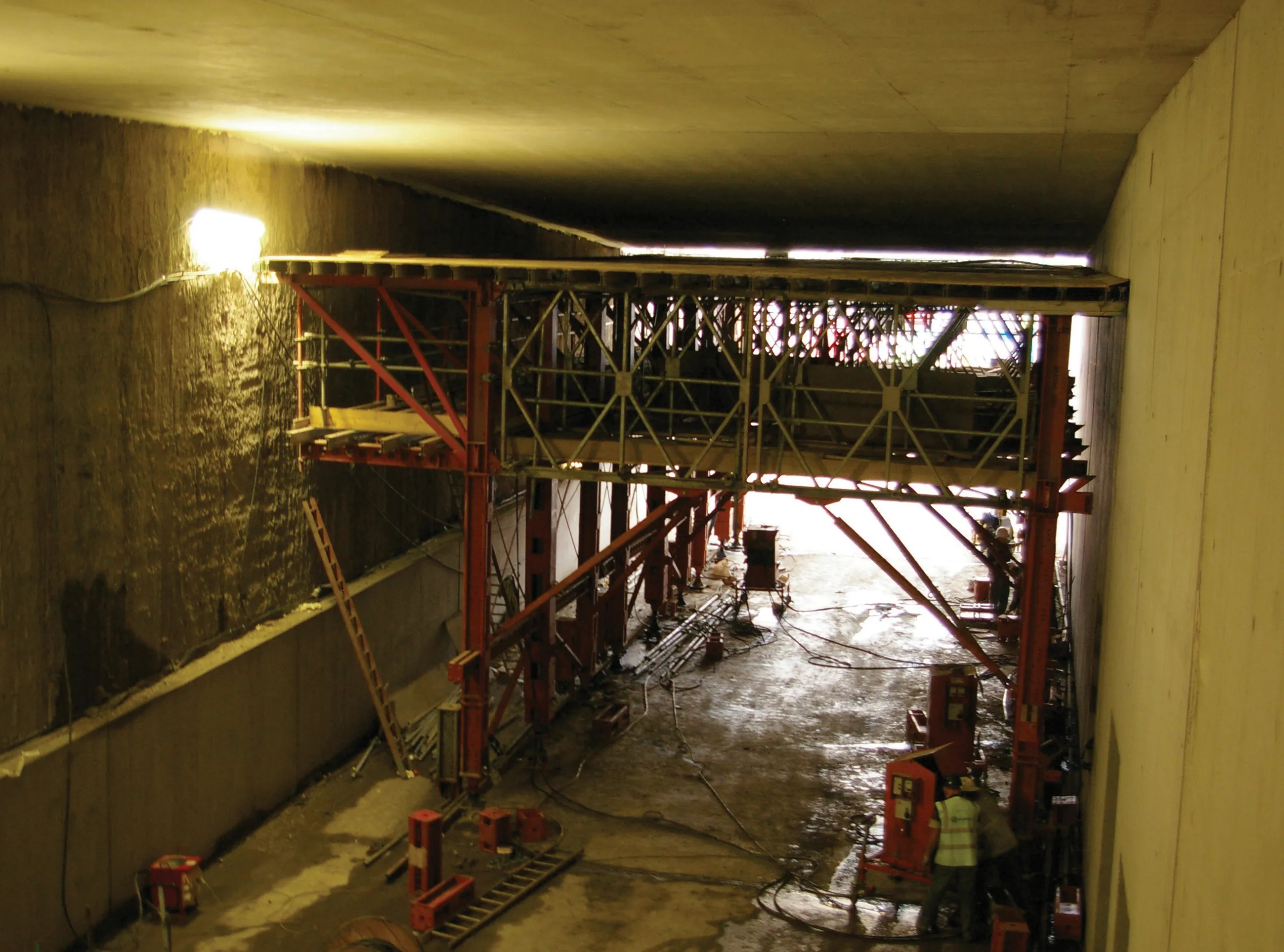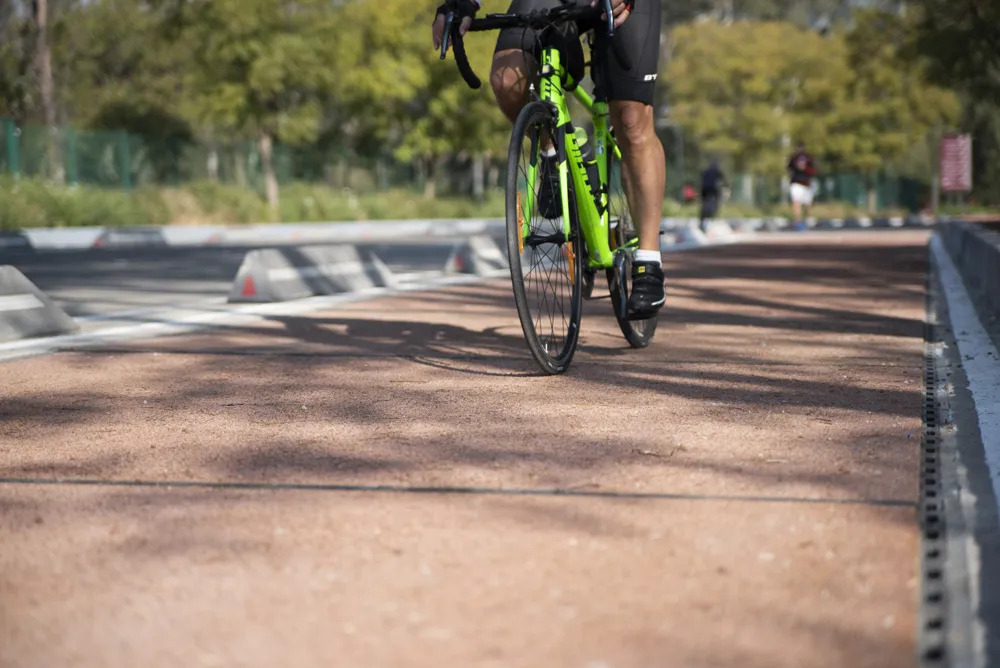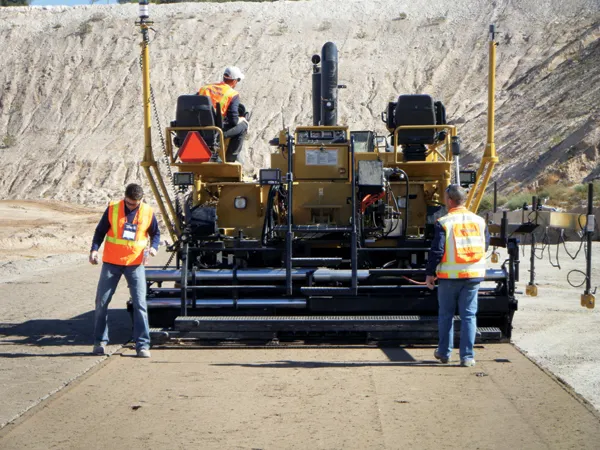A trial project has been carried out in Mexico using recycled plastic asphalt for the surfacing. The road section is 2km in length and lies between La Piedad and Irapuato in Guanjuato State. The project has been carried out jointly by Mexico’s Secretariat of Communications and Transport (SCT) and Lasfalto, Surfax, Omnigreen and VISE, in partnership with US firm Dow Chemical. The team used around 1tonne of recycled plastic in the asphalt mix to help improve the mechanical properties. This is expected to boost life and durability for the road surface. The team says that the trial offers a solution for plastic waste as well as delivering a better quality road surface. The performance of the surface will be monitored closely. Should the trial prove as successful as the project team hopes, the technology will be utilised on further road projects in Mexico in the future.








